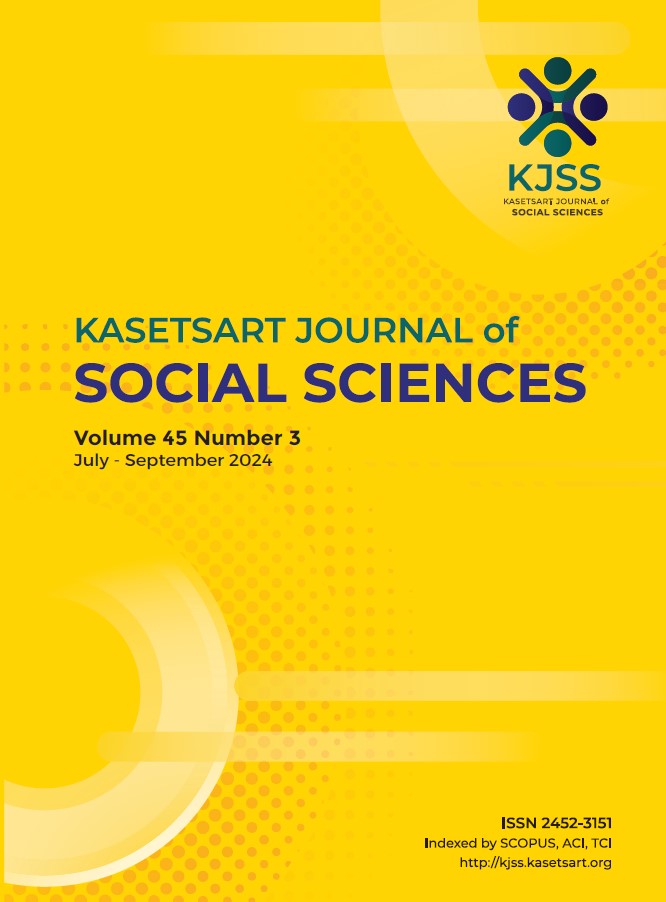Growth mindsets, workmastery, and socioeconomic status interact in predicting achievement of adolescents in Southeast Asia
Keywords:
achievement, growth mindset, PISA 2018, socioeconomic status, workmasteryAbstract
Growth mindsets can play an important role in student academic motivation and achievement. However, recent research has revealed that the achievement benefits of growth mindsets vary across cultures, such that students in some Asian societies may not gain much from growth mindsets. Focusing on Southeast Asia, this study sought to answer whether workmastery may potentially strengthen the benefits of growth mindsets on student achievement in reading, math, and science, particularly among socioeconomically disadvantaged students. This study used the PISA 2018 database including large and representative samples of 15-year-old students in Southeast Asian countries (total N = 47,579). Multilevel modeling was utilized to test the two-way interaction between growth mindset and workmastery, as well as the three-way interaction between growth mindsets, workmastery, and socioeconomic status. The results showed that the two-way interaction was significant, suggesting that Southeast Asian students with high workmastery were more likely to benefit from growth mindsets than those with low workmastery. Moreover, the results showed a significant three-way interaction, suggesting that the achievement benefits of growth mindsets for disadvantaged students were nearly the same as for their advantaged peers when disadvantaged students had high workmastery. This study generally indicates that growth mindsets can be beneficial for student achievement in Southeast Asia, particularly in the appropriate context. One key implication is that promoting growth mindsets at scale may be more effective than previous research in Asia suggests.
Downloads
Published
How to Cite
Issue
Section
License
Copyright (c) 2024 Kasetsart UniversityThis is an open access article under the CC BY-NC-ND license http://creativecommons.org/licenses/by-nc-nd/4.0/










